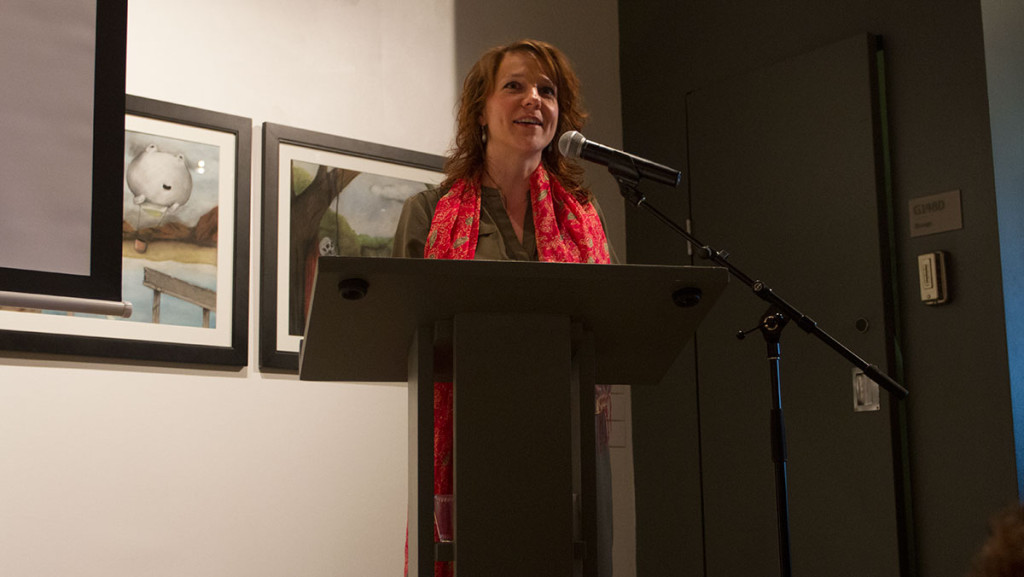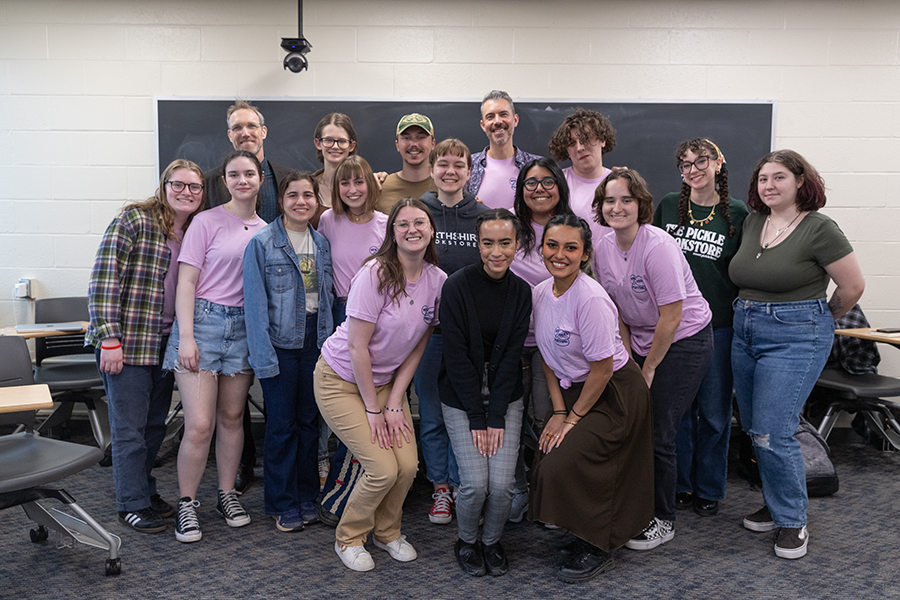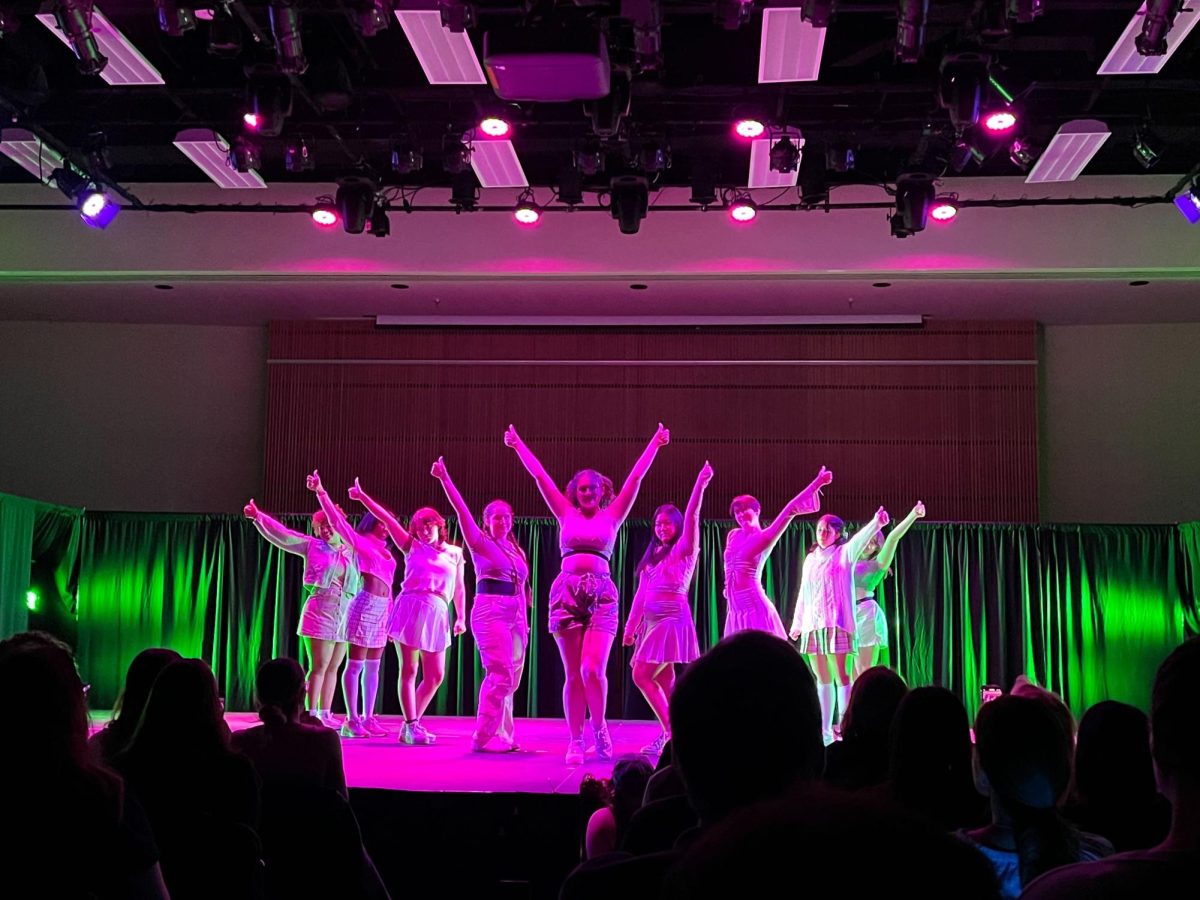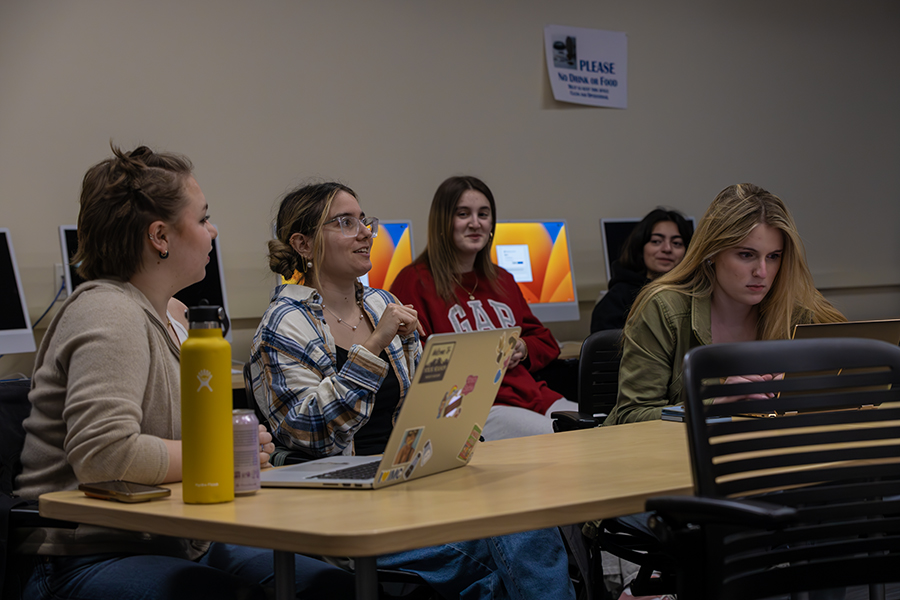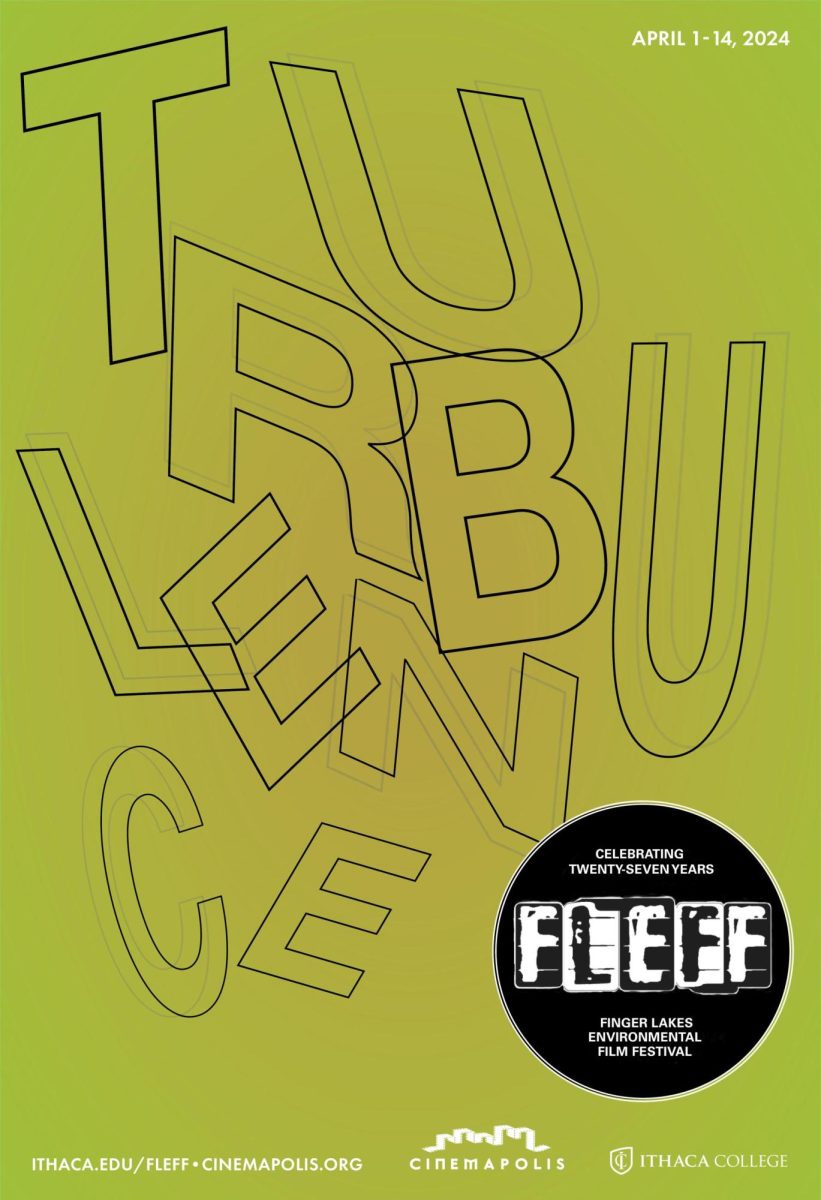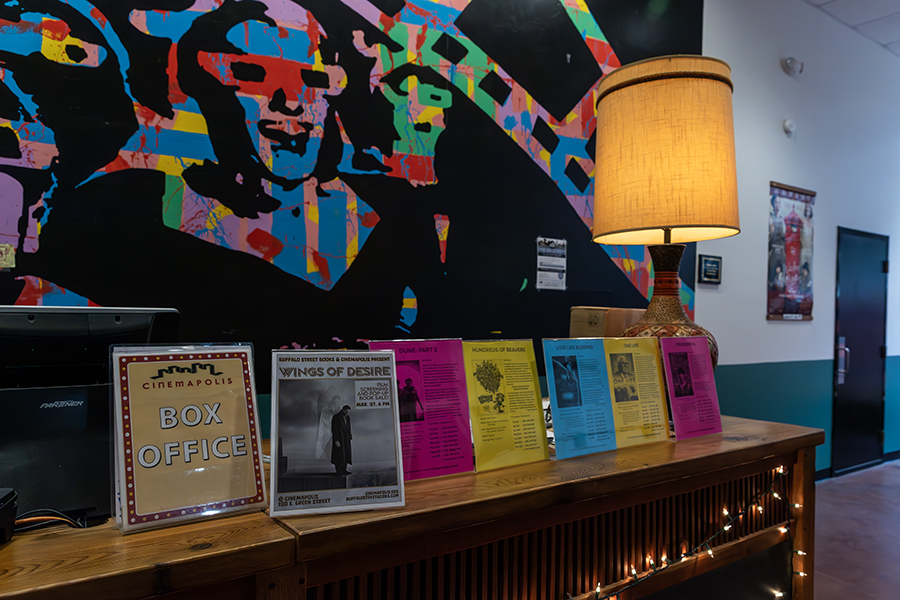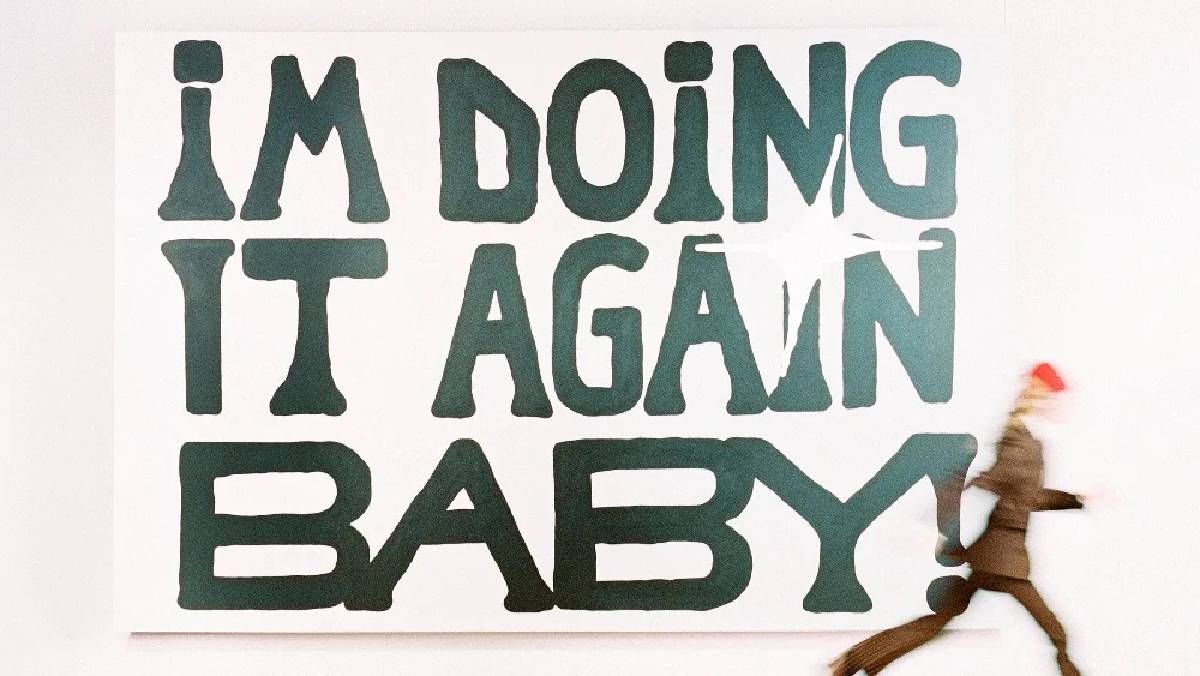Paula Ioanide, associate professor of comparative race and ethnicity studies, recently finished writing her book, “The Emotional Politics of Racism: How Feelings Trump Facts in an Era of Colorblindness.” The book focuses on the emotional perspective of racism in the United States and how it often trumps facts and evidence. She uses four case studies of racial injustice to examine how fear factors into racism. Although the book comes out May 20, Ithaca College’s Center for the Study of Culture, Race, and Ethnicity will be hosting a book talk and discussion with Ioanide from 7–9 p.m. April 28 in the Handwerker Gallery.
Staff Writer Kalia Kornegay spoke with Ioanide about her writing process, how emotions play a role in racism and what changes need to happen in order to create a more equal world.
Kalia Kornegay: What inspired you to start writing this book?
Paula Ioanide: The subject is essentially contemporary racial violence and discrimination. I kept seeing this pattern in instances of racial violence and discrimination where people were being very irrational in the sense that they were acting against themselves. I became fascinated with the fact that all that evidence didn’t make a difference to somebody who was ideologically committed to their beliefs. So, for example, if in an instance of racial violence tied to racial criminality of black people, you would see people argue over and over again, against all the sociological evidence and against what all the research says, that black people have some kind of cultural proclivity towards criminality and that’s why more of them are in jail. I started seeing that facts and evidence don’t make a difference to a lot of people.
KK: Is there a key event or series of events that caused you to look more into this emotional response?
PI: The first chapter is about the police brutality case of Abner Louima, which took place in 1997 in New York City. [Louima] is mistaken for his cousin who punched a white police officer, and about five police officers are involved in beating Louima. I wanted the book to be comparative, so it looks at that case and then it looks at anti-immigrant housing ordinances, sort of this anti-Latino sentiment that has built from the ’90s on. I looked at the huge scene of sexualized racial violence against the Iraqi prisoners in Abu Ghraib prison by American soldiers. In each of these cases they try to pin it up as a few bad apples, but it’s so systematically the same that I wanted to understand what was the psychological and emotional structure that motivated people to keep these emotional investments.
KK: Do you think that shift is something that can actually be achieved in the foreseeable future?
PI: It’s happening already. Some of this has to do with visibility and invisibility because the movements are happening, it’s just that we have a media structure that’s so dominated by a few CEOs and conglomerates that we don’t see the amount of protest going on in this country because it’s not being covered. That had a tipping point with Ferguson and also one with Eric Garner. One of the palpable shifts that I see in those protests is they’re much more multi-racial, which for me is an encouraging sign that some of that dominant culture is starting to break apart. What’s encouraging about that is people are catching on that this state structure that favors the rich — a militarized police force, a huge investment as a nation in warfare — all of these things are starting to lose legitimacy as working for everyday people.
KK: Do you have any advice to people who want to learn more about what you’re talking about in the book?
PI: Be emotionally receptive to knowledge rather than staying tightly committed your beliefs. Make up your own mind, but be open to potentially interrogating your beliefs and your own assumptions about who people are and how they came to be who they are. Very few people will actually get there, in part because the ignorance is structured into our society forever. I also don’t think they get there because they don’t open themselves up for uncharted possibilities because it feels very threatening to let go of our beliefs. It might mean we have to change the way we operate or change our worldview and how the world makes sense. That’s very fearful for a lot of Americans and people in general. It’s almost like a confronting of fear within yourself.


